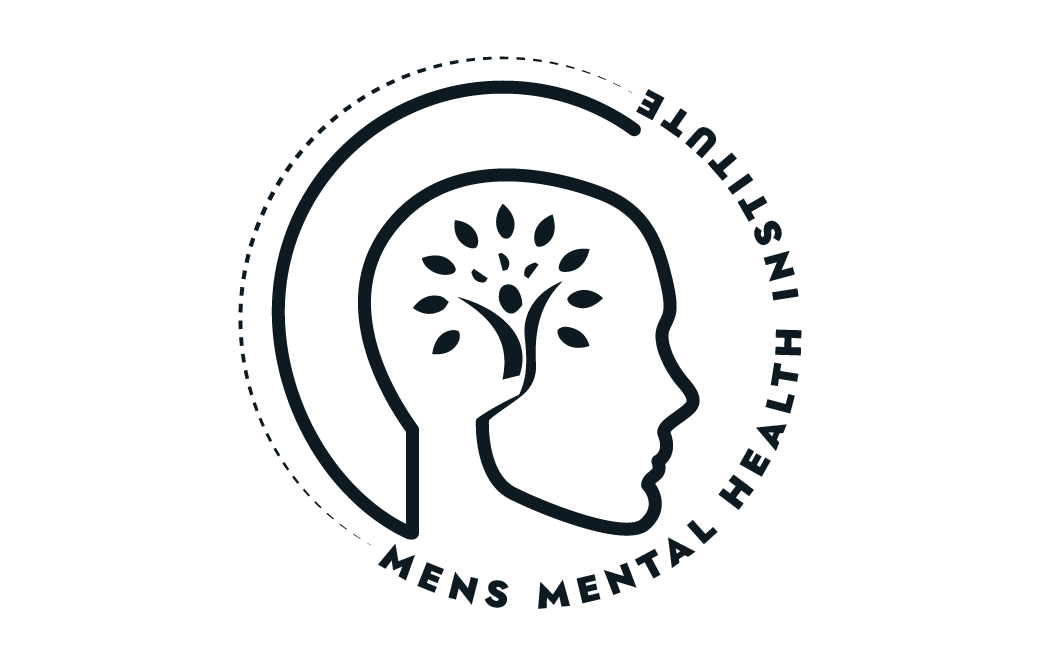Gaining Respect
From “Liked” to Respected: Why the Shift Matters You’re kind, dependable, and emotionally available. You go out of your way to help. You avoid conflict. You do everything right.But here’s the hard truth: People like you… but they don’t respect you. They cross your boundaries, ignore your needs, or treat your presence as optional. And deep down, it stings. You’ve done everything to be the “good guy”, so why do you feel disrespected, underappreciated, and replaceable? What’s happening is classic Nice Guy patterning, an overextension of agreeable traits as a survival strategy. From a behavioral psychology lens, you’ve learned that love, approval, and safety come from pleasing others and minimizing your own needs. But the human brain, especially the male mammalian brain, also craves dominance, clarity, and internal hierarchy. When you don’t honor that primal wiring, people sense your lack of edge. And they treat you accordingly. From evolutionary psychology, dominance is not about aggression, it’s about competence, decisiveness, and self-authority. The masculine archetype was never meant to beg for worth. And when you contort yourself into the “nice guy” mold, you actually trigger repulsion, not admiration. The result? Disrespect in your relationships, friendships, and even your workplace. Social psychology tells us people mirror the energy you emit. If you treat yourself like an afterthought, they will too. If you suppress your truth to be agreeable, they’ll assume you have nothing meaningful to say. Meanwhile, the mental health field has done men a disservice. You’ve likely been told that vulnerability, softness, and emotional openness are the antidotes to toxic masculinity, and while that’s partly true, it’s incomplete. Respect isn’t earned by softness alone. It’s earned through integration: knowing when to be open and when to be firm. When to lead. When to walk away. That nuance is rarely taught. Therapeutic Strategies to Reclaim Respect You don’t need to become cold or distant. You need to stop abandoning yourself in the name of being liked, and start respecting yourself first. Values Clarification + Identity Realignment (Solution-Focused + CBT) We begin by stripping away the performance. Who are you really? What do you stand for? What do you want that you’ve been too afraid to claim? This work grounds you in your core values, not the people-pleasing behaviors that distort them. Strategic Assertiveness Training (Behavioral Therapy) Most Nice Guys avoid saying “no,” setting limits, or voicing opinions. In therapy, we walk through real-life scenarios and practice assertive language that commands respect, not through anger, but through clarity and calm strength. Boundary Work + Embodied Presence (DBT + Somatic Work) Respect isn’t just verbal, it’s energetic. If your body shrinks, your voice trails off, or your nervous system spikes when challenged, people feel that. We train you to hold your ground, literally and emotionally, so others can no longer mistake your kindness for weakness. Masculine Archetype Integration (Depth Psychology + Parts Work) You’ve likely buried parts of your masculine identity, decisiveness, aggression, even desire, because you were taught they’re “bad.” But respect comes from wholeness. We help you integrate those traits in mature, non-destructive ways that let others feel your leadership and sovereignty. What You Gain in Love, Life, Wealth, and Mental Health In love, you stop performing. You start showing up as the real you, grounded, honest, powerful. You attract partners who value your truth, not your compliance. You build relationships where your needs matter too. In life, you stop chasing approval and start leading. Whether it’s in friendships, family dynamics, or your mission, you’re no longer the guy who bends to keep the peace. You become the man who creates peace because he owns his space. In mental health, anxiety fades. Resentment dissolves. Your inner dialogue shifts from “What do they want me to be?” to “Who do I want to be in this moment?” That’s real freedom. In wealth, the change is visible. You charge what you’re worth. You speak up. You lead teams, start businesses, or negotiate deals from a position of power, not fear. Respect follows you wherever you go, because it starts within. Being liked might win you moments.Being respected builds a life.











